As a homeowner, it is important that you are fully aware of property taxes. Local governments impose these levies on real estate properties, including land and buildings. The amount you pay is based on the assessed value of your property, determined by local assessment authorities. Unlike income tax, which is based on earnings, property tax is determined by the value of real estate.
Getting a handle on property taxes is vital as it allows you to budget effectively, take advantage of exemptions or credits, and avoid overpayments. Similar to income taxes, understanding property taxes can help you benefit from potential deductions and credits. This foresight helps you anticipate annual expenses, reduce your tax liability, and manage your property-related finances efficiently. Additionally, knowing the details of property taxes can assist you when appealing assessments or exploring payment options.
Property Tax Assessment Process
The St. Louis County Assessor’s Office manages property tax assessments in St. Louis. These assessments, done every two years, determine the taxable value of properties using a mass appraisal system that considers property sales, income, and cost data. Homeowners receive a notice detailing their property’s estimated market value and calculation method.
Several factors influence the assessed value, including location, size, age, and condition. Properties in desirable neighborhoods or with significant improvements typically have higher assessments. Market trends and recent sales of similar properties also impact values, ensuring that assessments accurately reflect current market conditions.
Understanding Property Tax Rates
Property taxes in St. Louis vary based on where you live, including the municipality and school district. These rates are measured in mills, where one mill equals one-tenth of a cent. To figure out your property tax, the value of your home is multiplied by the combined millage rate of all applicable areas. Many things affect these rates, such as local government budgets, school funding needs, and voter-approved measures for public projects. Economic conditions and changes in property values also play a role, as they can lead to adjustments in the millage rates to meet budgetary needs.
Property Tax Exemptions
In St Louis, homeowners can benefit from various property tax exemptions designed to reduce their tax burden. Common exemptions include the Homestead Exemption, which provides relief for primary residences, and the Senior Citizen Exemption, aimed at homeowners aged 65 and older. Disabled veterans may also qualify for specific exemptions, recognizing their service and sacrifices. Additionally, there are exemptions for improvements such as solar energy systems or historic property renovations.
Eligibility Criteria for Property Tax Exemptions
Eligibility for property tax exemptions in St Louis depends on specific criteria set by local regulations. For the Homestead Exemption, the property must be the homeowner’s primary residence. Senior Citizen Exemptions typically require the homeowner to be at least 65 years old and meet certain income thresholds. Disabled veterans must provide proof of disability related to their military service. For exemptions related to property improvements, homeowners need to demonstrate the qualifying enhancements, such as installing solar panels or restoring historic features, to receive the applicable tax relief.

Common Property Tax Credits
Property tax credits are another valuable tool for homeowners looking to reduce their tax burden. These credits directly lower the amount of property tax owed, offering financial relief to those who qualify. Here are some of the most common property tax credits available in St Louis:
Homestead Tax Credit
The Homestead Tax Credit helps homeowners who live on their property as their primary residence. If you meet the income requirements and use the home as your main dwelling, you can receive a reduction in your property taxes.
Senior Citizen Property Tax Credit
This credit is for homeowners aged 65 and older. If you meet the income and residency criteria, the Senior Citizen Property Tax Credit can substantially lower your property taxes, helping you manage living expenses more effectively.
Disabled Veteran Property Tax Credit
Disabled veterans with a service-related disability can benefit from the Disabled Veteran Property Tax Credit. This credit provides significant tax relief, easing the financial burden for veterans. Eligibility requires proof of disability and the property being your primary residence.
Applying for Property Tax Credits
Applying for property tax credits in St Louis involves a straightforward process. First, determine which credits you qualify for, such as the Homestead, Senior Citizen, or Disabled Veteran credits. Next, gather the required documentation, which typically includes proof of residency, income verification, and any specific documents related to your eligibility, like age or disability status. Submit your application to the St Louis County Assessor’s Office, ensuring all forms are filled out accurately and completely. Once submitted, the office will review your application and notify you of any awarded credits, helping reduce your overall property tax burden.
Property Tax Appeals Process
If you believe your property has been over-assessed, you have the right to appeal. The appeals process allows homeowners to contest the assessed value of their property, potentially lowering their tax bill.
To file a property tax appeal in St Louis, start by reviewing your assessment notice and gathering supporting evidence, such as recent sales data of similar properties, including tangible personal property, or an independent appraisal. You then need to submit a formal appeal to the St Louis County Assessor’s Office or the Board of Equalization. The appeal must be filed within a specific timeframe, usually 30 days from the assessment notice date. Prepare to present your case with all necessary documentation, clearly explaining why you believe the assessment is incorrect. If your appeal is denied at the county level, you can further appeal to the Missouri State Tax Commission.
Property Tax Payment Options
In St Louis, real estate taxes can be paid through various methods, including online payments via the St Louis County website, by mail, or in person at the Collector of Revenue’s office. Accepted payment forms include credit cards, debit cards, electronic checks, and traditional checks. Property tax bills are typically due by December 31st each year. It’s crucial to meet this deadline to avoid penalties, including interest charges and additional fees for late payments. Staying informed about these payment options and deadlines helps ensure you manage your property tax obligations effectively and avoid unnecessary penalties.
Tax Lien Sales and Redemption
When property taxes remain unpaid in St Louis, the county may auction off a tax lien on the property to recover the delinquent taxes. Investors can purchase these liens, effectively covering the unpaid taxes for the property owner. The property owner then has a redemption period, usually one year, to repay the lien amount plus interest and fees to regain full ownership of their property. Failure to redeem the lien within this period allows the lienholder to initiate foreclosure proceedings and potentially take ownership of the property.
Property Tax Budgeting Tips
Managing real estate tax expenses requires strategic planning and foresight. Start by setting aside funds yearly to avoid a financial crunch when tax bills are due. Consider enrolling in a monthly payment plan offered by St Louis County, which can make large annual payments more manageable. Keep track of any exemptions or credits you qualify for, as these can significantly reduce your tax burden. Long-term financial planning is also vital; factor property taxes into your overall budget and savings goals.
Impact of Property Taxes on Home Values
Property taxes can have a significant impact on home values. Generally, higher property taxes can discourage potential buyers, potentially reducing a property’s market value. On the other hand, well-funded local services supported by these taxes can make a neighborhood more desirable, thus positively affecting home values.
To mitigate any negative effects, homeowners should ensure that their property is accurately assessed and take advantage of any available exemptions or credits. Besides, appealing inflated assessments can help maintain a fair market value. Staying informed about local tax policies and their implications can help homeowners better manage the impact of property taxes on their home’s value.

Property Tax Assistance Programs
Different assistance programs are available for St. Louis homeowners struggling with property taxes. The Missouri Property Tax Credit, also known as the Circuit Breaker, provides relief to eligible seniors and disabled individuals by refunding a portion of paid property taxes. Additionally, organizations like the United Way and local community action agencies offer support, including financial counseling and assistance with applications for tax relief programs. These resources aim to help homeowners manage their property tax obligations and avoid financial hardship.
Understanding Special Assessments
Special assessments are extra charges that local governments in St. Louis impose on property owners to fund specific public projects that benefit their properties, such as road improvements, sewer upgrades, or street lighting enhancements. These assessments are usually imposed on properties that directly benefit from the improvements. For example, a neighborhood-wide sidewalk repair project might result in a special assessment for all homeowners in that area.
Impact of Property Tax Policies on Homeowners
Local property tax policies in St Louis can have a profound effect on homeowners. Policies that increase tax rates or alter assessment methods can lead to higher tax bills, impacting household budgets. Conversely, policies that introduce exemptions or credits can provide financial relief. Homeowners can advocate for favorable policy changes by participating in local government meetings, joining community groups, and supporting measures that promote fair taxation.
Planning for Property Taxes in Real Estate Transactions
Homebuyers should research the property tax rates in the area and understand how these taxes will affect their overall budget. It’s also wise to review the property’s current assessment and any potential changes in value that could impact future taxes. During negotiations, consider asking the seller to cover a portion of the property taxes or ensure that any outstanding taxes are settled before closing.
Navigating Property Taxes in St Louis
Understanding and effectively managing property taxes in St. Louis is crucial for homeowners. It involves staying informed about the assessment processes, tax rates, exemptions, and credits. Being aware of how property taxes are calculated and assessed can help homeowners budget more effectively and avoid overpayments. Taking advantage of available exemptions and credits can significantly reduce your tax burden. Additionally, having a good understanding of the appeals process ensures that you can contest any inaccurate assessments and potentially lower your property taxes. It’s also important to stay informed about available payment options, stay on top of deadlines, and explore assistance programs to avoid any financial hardship related to property taxes.






